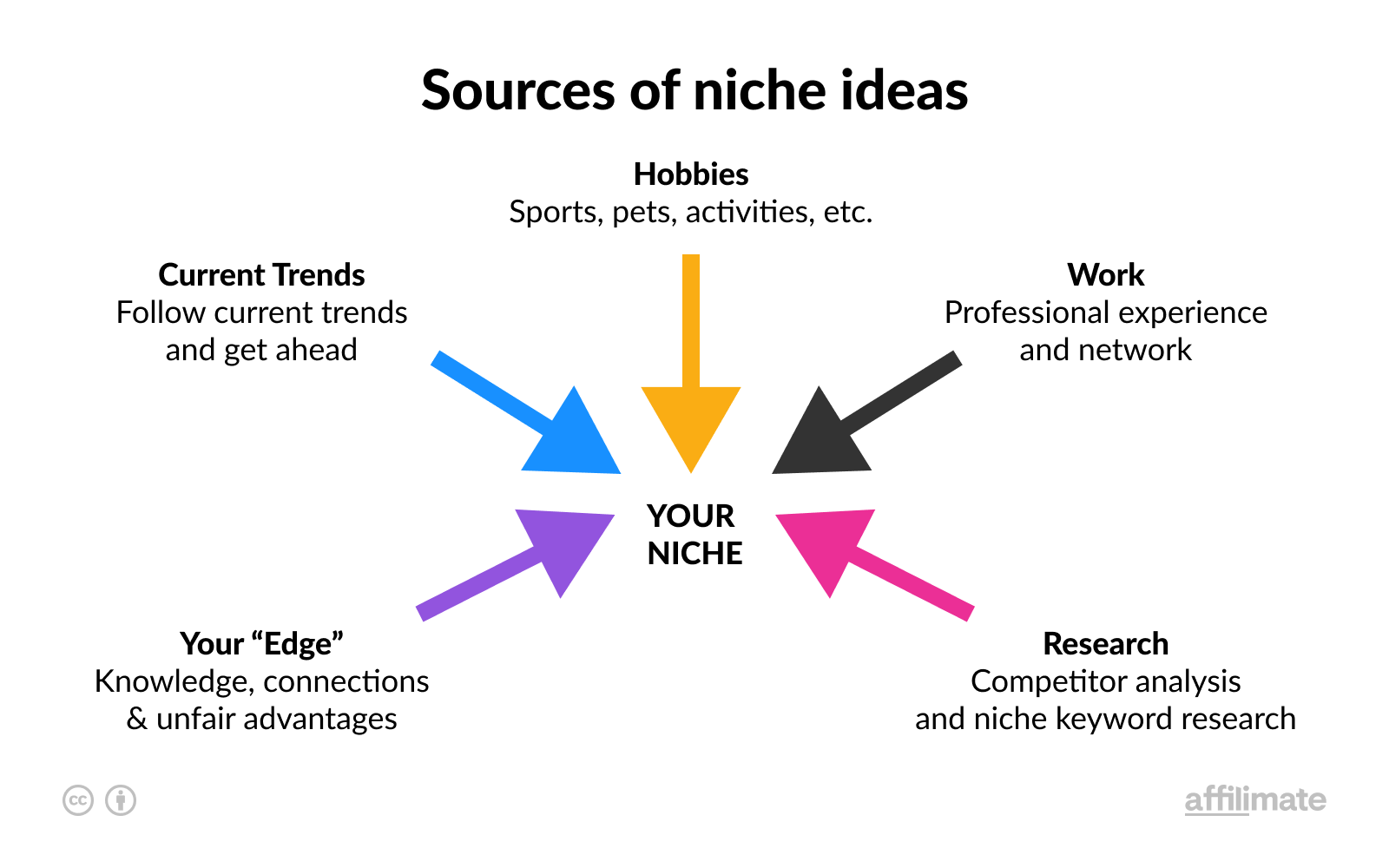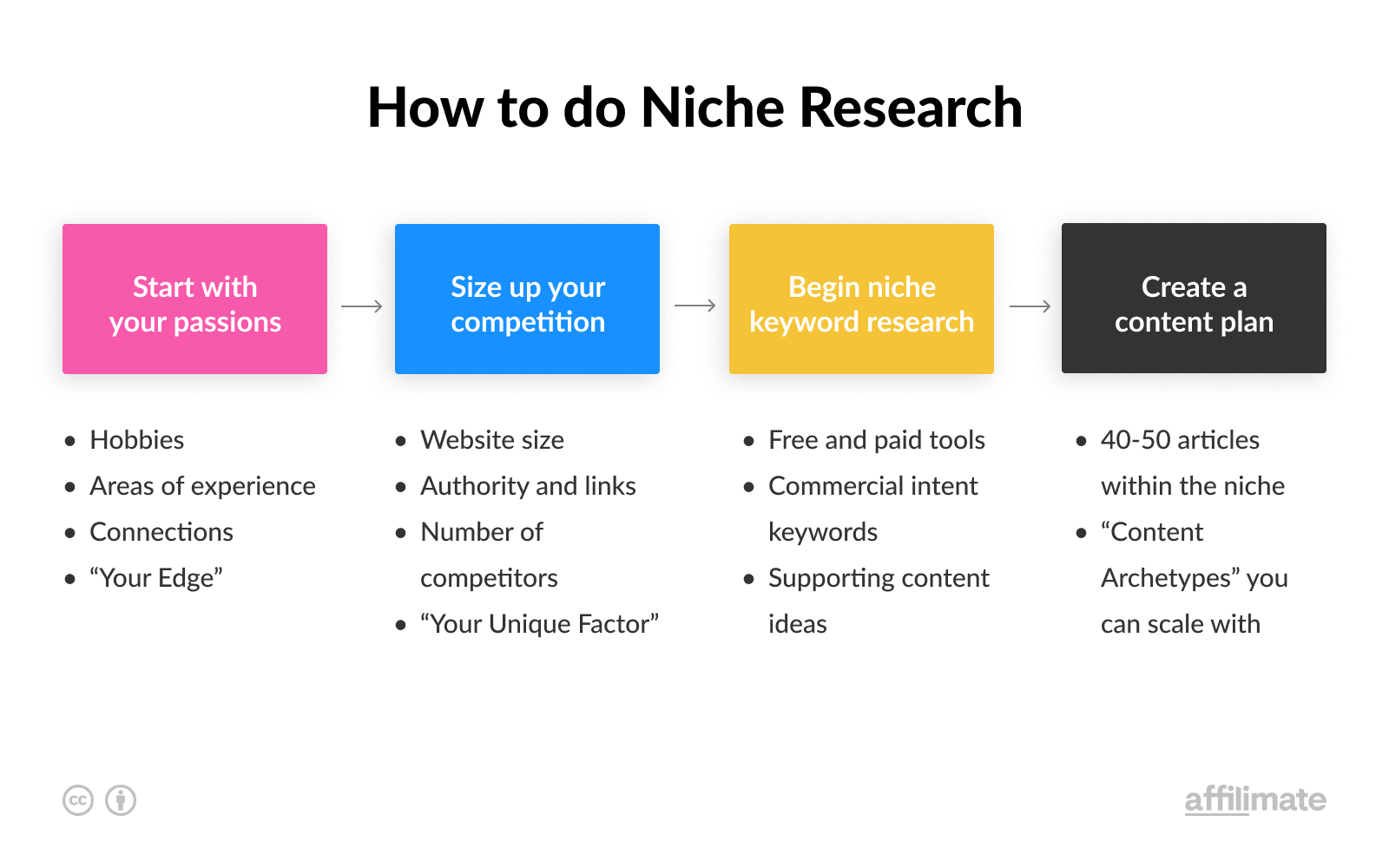Search Engine Optimization (SEO) is a critical skill for anyone looking to make their online content more discoverable. One of the fundament...
Search Engine Optimization (SEO) is a critical skill for anyone looking to make their online content more discoverable. One of the fundamental aspects of SEO is researching your niche to understand your audience and optimize your content accordingly. In this learning guide, we'll walk you through the steps and tips to effectively search about a niche on Google.
Step 1: Identify Your Niche
Before diving into keyword research, it's essential to identify your niche. What are you passionate about? What do you know a lot about? Take time to define your niche, as it will be the foundation for your SEO efforts. Your knowledge and passion for the subject will reflect in the quality of your content.
Step 2: Use Google Trends
Google Trends is a valuable tool for assessing keyword popularity and trends over time. Here's how to use it:
- Enter potential keywords related to your niche.
- Analyze the trend graphs to see when interest peaks.
- Identify related queries and topics.
This will help you prioritize keywords and content topics based on current demand.
Step 3: Use Google Search
Once you have a list of keywords, you can start searching for information about your niche. Here's how:
- Enter a keyword or phrase into the Google search bar.
- Examine the search results for websites that contain relevant information.
- Browse through these websites to gain insights into your niche.
This step helps you understand what content is currently available and what gaps you can fill with your own unique perspective.
Step 4: Use Google Scholar
If you're interested in academic research related to your niche, Google Scholar is the perfect resource. Here's how to utilize it:
- Go to Google Scholar (scholar.google.com).
- Enter keywords or phrases that represent your niche.
- Explore academic journals, books, and scholarly publications to deepen your knowledge.
Google Scholar is a goldmine for accessing reputable sources and data within your niche.
Step 5: Use Social Media
Social media platforms can provide valuable insights and connections within your niche. Here's what to do:
- Join social media platforms like Twitter, LinkedIn, and Reddit.
- Follow relevant accounts, groups, or subreddits.
- Engage in conversations and discussions to expand your understanding of the niche.
Connecting with others who share your interests can lead to collaborations, knowledge sharing, and the discovery of new trends.
Additional Tips for Effective Niche Research:
Use Long-Tail Keywords: Long-tail keywords are specific phrases that are less competitive. They can help you find more relevant results. For example, instead of searching for "dogs," you could search for "best dog breeds for families."
Leverage Google Advanced Search Operators: Utilize advanced search operators to refine your results. For instance, you can use "site:" to search a specific website or "allintitle:" to find results with a particular keyword in the title.
Use Quotation Marks: When you use quotation marks around a phrase, Google will return results containing the entire phrase, providing more precise results.
Exclude Unwanted Results: To filter out results containing certain keywords or phrases, use the minus sign (-) in front of them.
By following these steps and tips, you'll be well-equipped to research your niche effectively using Google. Remember that SEO is an ongoing process, and continuous research and optimization are key to maintaining the relevance and discoverability of your online content. Good luck on your SEO journey!
Certainly, here are some examples of niche research using the steps and tips mentioned in the learning guide:
Step 1: Identify Your Niche
- If you're passionate about fitness, your niche could be "strength training for beginners."
- If you have extensive knowledge about cooking, your niche might be "plant-based diets."
Step 2: Use Google Trends
- You're interested in "sustainable fashion," so you use Google Trends to discover that "eco-friendly clothing" is a popular and growing search term.
- You're exploring the niche of "home gardening," and Google Trends shows an uptick in searches for "indoor herb gardening."
Step 3: Use Google Search
- In your "outdoor adventure" niche, you search for "best hiking trails in California" and find various websites and blogs with detailed trail information.
- For your "digital marketing" niche, you enter "content marketing strategies," and you discover a variety of articles and guides on the topic.
Step 4: Use Google Scholar
- If your niche is "climate change," you can use Google Scholar to access academic papers on topics like "the impact of climate change on biodiversity."
- In the "psychology" niche, you research "cognitive behavioral therapy" to find scholarly articles and studies on its effectiveness.
Step 5: Use Social Media
- In your "tech gadgets" niche, you join tech-related subreddits and follow tech experts on Twitter to stay updated on the latest trends and product reviews.
- For your "travel photography" niche, you connect with travel photographers on Instagram and participate in photography communities on Facebook.
Additional Tips for Effective Niche Research:
- To find more targeted results in your "eco-friendly living" niche, you use the long-tail keyword "how to reduce plastic waste at home."
- You employ Google's advanced search operators to find "sustainability reports site:example.com" for a specific company's sustainability reports.
- You search for "organic gardening" in quotation marks to find results specifically mentioning that phrase.
- In your "vegan recipes" niche, you use the minus sign to exclude results containing "-dairy" if you want dairy-free recipes.
These examples illustrate how to apply the steps and tips in various niches, demonstrating the versatility of the learning guide for researching and understanding your chosen field of interest.










No comments